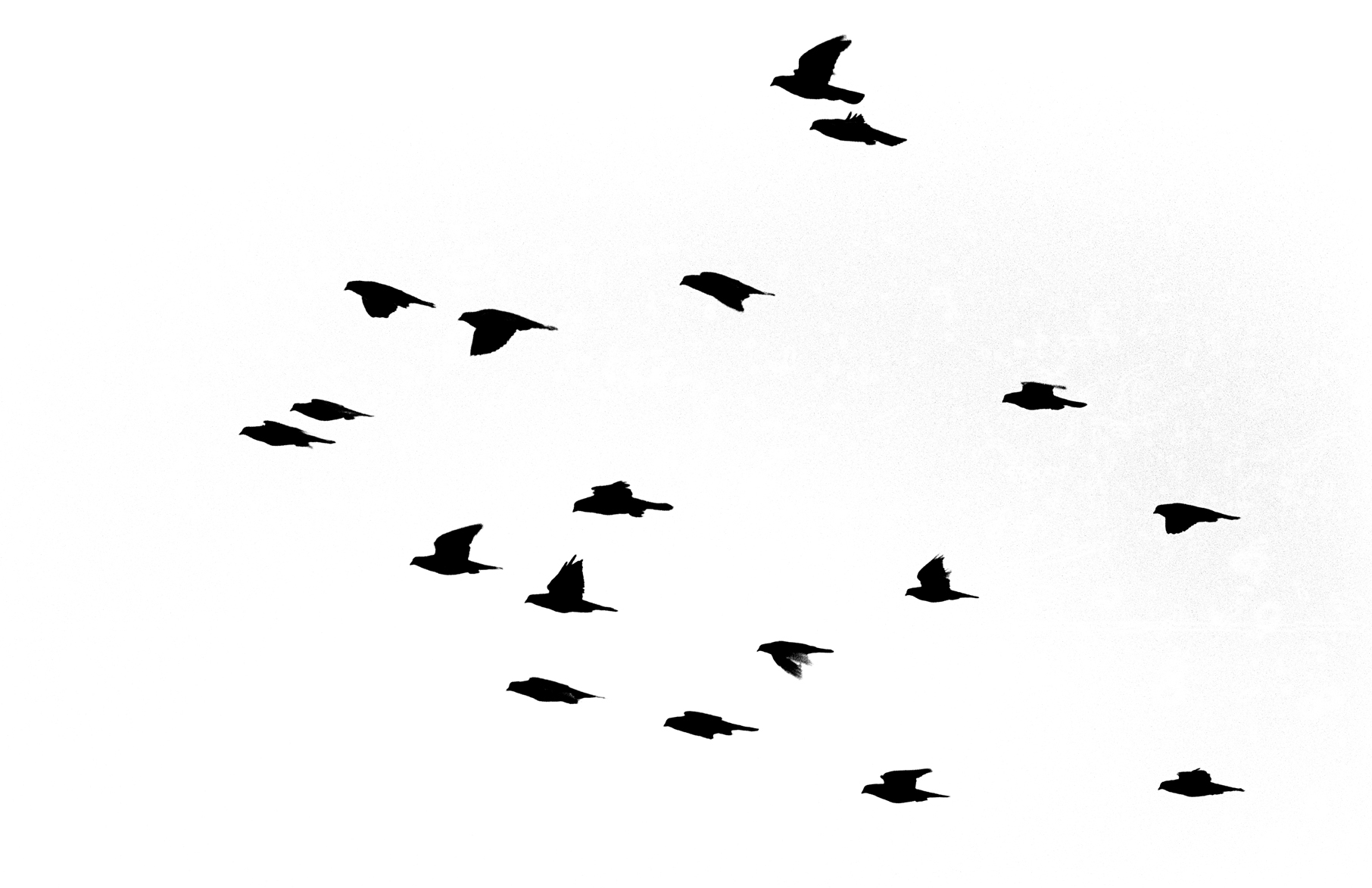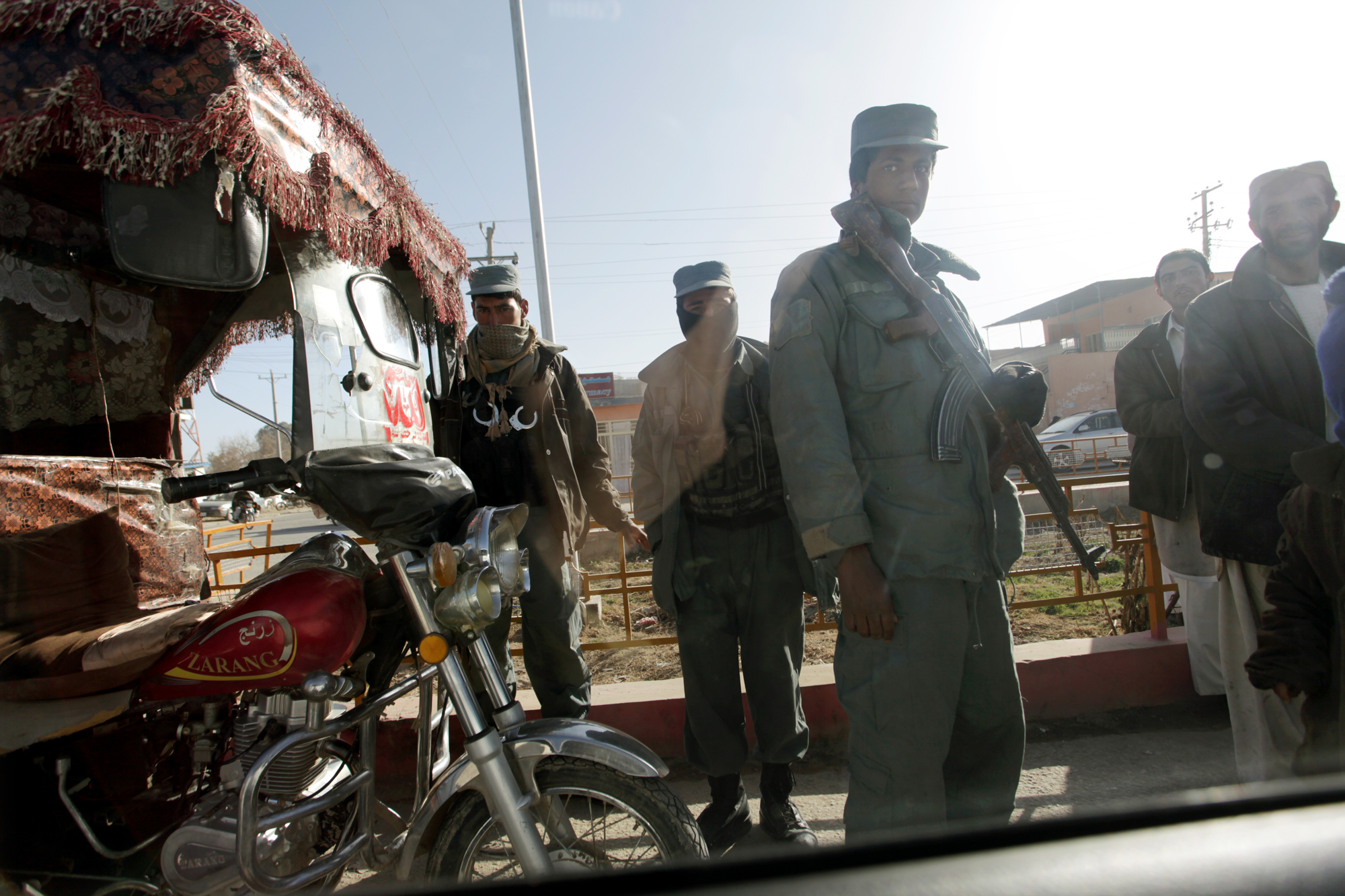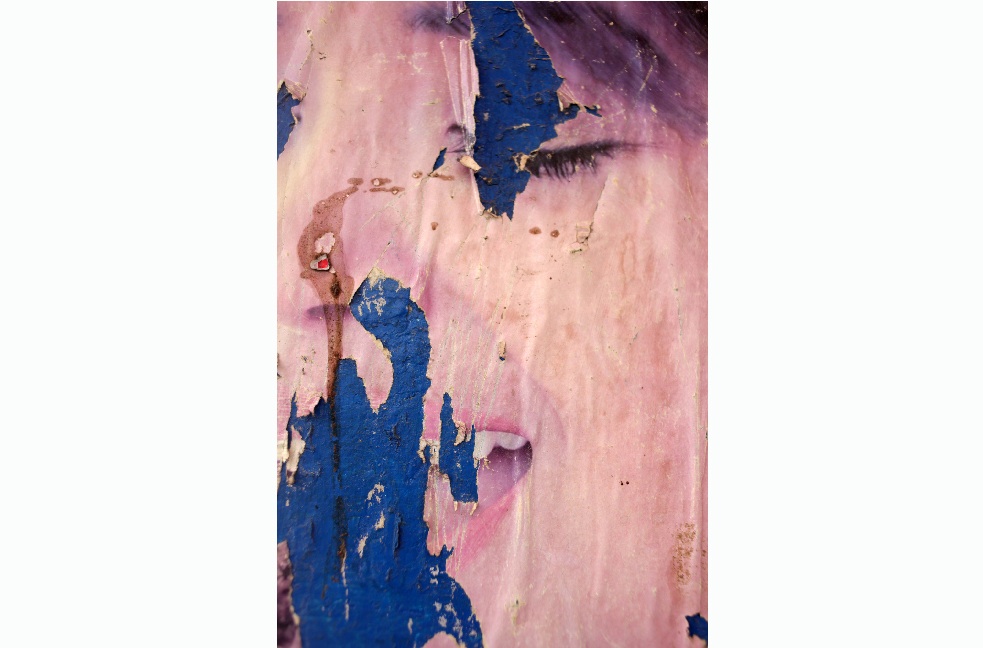
Excerpt from the introduction by Eliza Griswold of the June 2013 issue of Poetry
I call. You're stone.
One day you'll look and find I'm gone.
The teenage poet who uttered this folk poem called herself Rahila Muska. She lived in Helmand, a Taliban stronghold and one of the most restive of Afghanistan's thirty-four provinces since the U.S. invasion began on October 7, 2001. Muska, like many young and rural Afghan women, wasn't allowed to leave her home. Fearing that she'd be kidnapped or raped by warlords, her father pulled her out of school after the fifth grade. Poetry, which she learned from other women and on the radio, became her only form of education.
In Afghan culture, poetry is revered, particularly the high literary forms that derive from Persian or Arabic. But the poem above is a folk couplet -- a landay -- an oral and often anonymous scrap of song created by and for mostly illiterate people: the more than twenty million Pashtun women who span the border between Afghanistan and Pakistan. Traditionally, landays are sung aloud, often to the beat of a hand drum, which, along with other kinds of music, was banned by the Taliban from 1996 to 2001, and in some places still is.
Read the full June 2013 issue of Poetry at http://www.poetryfoundation.org
For more background on how this project came about including the Pulitzer Center's support for the reporting in Afghanistan, read the Poetry Foundation's press release on the significance of this special June 2013 issue.








